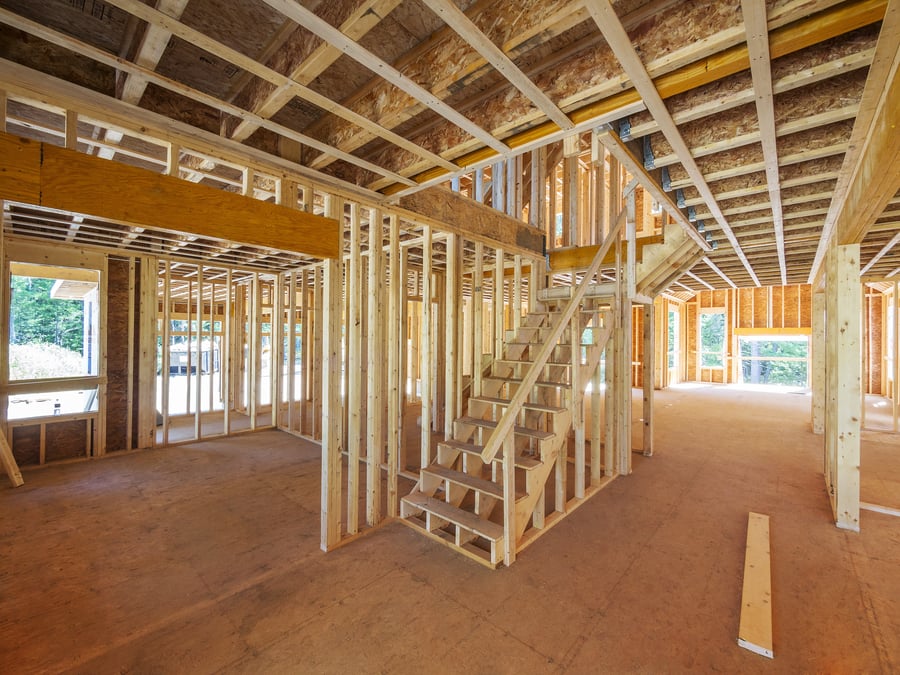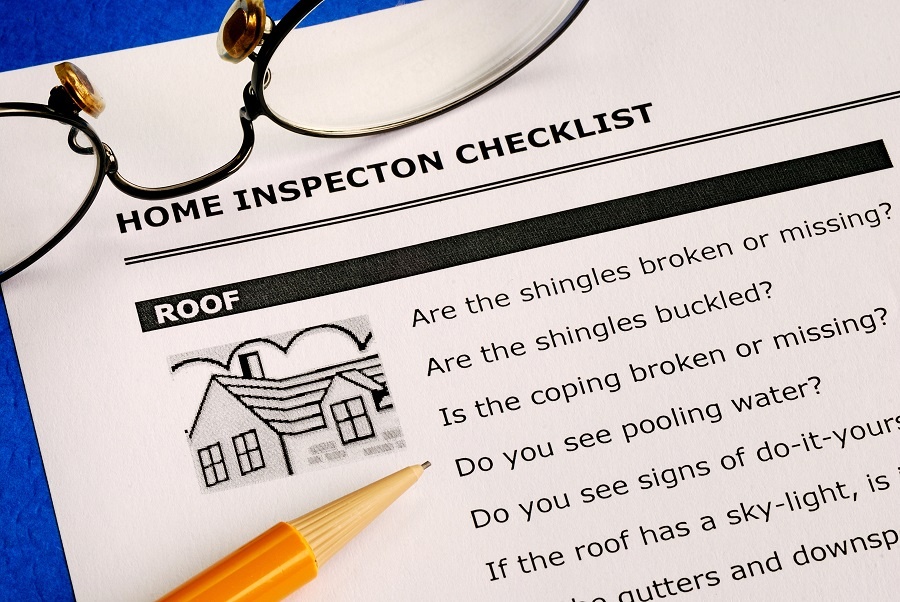Should You Have a Home Inspection?
Budget, budget, budget.
Budget is the word and concept we all use over and over again to try and constrain our spending. Grocery shopping, back to school supplies, and vacations all get planned under the structure of spending money on a budget. We’re taught from early on saving money is responsible and virtuous.
Should your home purchase be confined by budget spending? Yes, probably. Most of us don’t have unlimited funds to spend on whatever home suits our fancy that day.
Should we budget our way out of a home inspection? NO.
Typical home inspections cost buyers about $300 to $500, depending on several factors, such as the size of the house and the property’s location. It’s tempting to try and save every dollar you can when purchasing a home, but forgoing a home inspection doesn’t make sense financially or emotionally.
By spending a few hundred dollars upfront, you’ll save yourself from paying costly repairs, possibly into thousands of dollars, down the road of homeownership. Also, some home buyers simply don’t have the fortitude to stomach the unknowns of purchasing a house without a professional inspection. Lying awake at night in a cold sweat for months isn’t worth saving $400.
A home inspection benefits a buyer, but it also helps sellers and renters. When it comes to real estate transactions, the more information the buyers, sellers, and renters have, the better.

Why Military Home Buyers Need Home Inspections
Try as we might, buyers rarely are emotionless when buying a home. This is why we need an unbiased party to show us, in plain view and in writing, how our chosen perfect little cottage is riddled with costly repairs. Detecting damage and estimating repairs are the most important reasons to hire a qualified inspector. As buyers, we need to understand the ramifications of buying the property as it stands.
Another important reason for a home inspection is the negotiation portion of the deal. After the inspector reveals what they find, the buyer can ask the seller to repair the items, reduce the asking price, or offer a cash credit at closing.
The seller won’t necessarily correct all deficiencies, however. It is unwise to use a home inspection report as the end-all/be-all document to make or break a deal. Remember, home inspectors don’t pass or fail the house; almost anything can be repaired. It’s up to you and your bank account to decide if the sale makes financial sense.

Photo from Adobe Stock
New Construction Home Buyers
New construction home buyers may think they can forego a home inspection, but surprisingly, they actually might need multiple inspections. It’s common to believe local inspectors will catch any issues within the new build. This isn’t always the case—human error is possible. It’s also true that local inspectors are only required to report that the minimum building codes were enforced. Plus, the local inspectors work for the civic government, whereas a hired inspector works for your benefit.
Building a new house is the perfect opportunity to get an inspector inside before installing the drywall. Minor issues left unattended can mean huge damage costs later. Electrical and plumbing mistakes are likely causes of destruction and can be easily corrected if caught early.
Later, after the home is complete, it makes good sense to hire the same inspector again to give the finished product a thorough overview. If he finds anything amiss, you can approach the builder to correct the problems. No new home buyer wants to live in the house for six months only to find the builder installed the HVAC system incorrectly.
What exactly do home inspectors look for? See 11 Common Issues Found During Home Inspections.

Photo from Adobe Stock
Why Military Home Sellers Need Home Inspections
When you were a home buyer, you likely had a home inspection contingency in your offer. Were those corrections made after closing, or do you still need to make the repairs? If your inspection is dated, hiring an inspector on your behalf is definitely worth your investment.
Updating the house to the best of your budget’s ability is a key component of a seller’s negotiation tactics. Presenting an updated, move-in-ready house is a huge enticement for buyers.
Do Military Renters Need Home Inspections?
On the face of it, it doesn’t make sense for a renter to hire a professional to poke around and highlight the issues wrong with the house. Just call the homeowner to report any problems, right?
Consider my situation. About a year into our rental agreement, we began to think about buying in our neighborhood and then realized what a boon it was to live in a rental we loved and learned about the house's quirks. We had insider knowledge that any buyer hunting the market would want.
Our market is expensive and moves fast, so staying right in our rental eliminated so many steps in the relocation process. We had no problem hiring an inspector to come in and find the nitty-gritty of what we were getting into if we decided to send an offer.
The house was in pretty good shape, but it had the expected issues a property of its age would typically show. At the end of the inspection, we had a list of recommended repairs with photos and descriptions. For $500, we also had a strategic bargaining tool to negotiate with the seller.
The deficiencies were in black and white with estimated dollar amounts for repair. We knew exactly what we’d be buying and understood what should be replaced, repaired, or monitored. The inspection let us know precisely how much we would be willing to spend to get the house, warts and all.
It turns out the owner wasn’t ready to sell. But, the money spent didn’t feel like a waste because we still have the information. We don’t have to wonder if the house would be a good option for a potential sale in the future, and the inspector took the time to show us multiple important features of the home, like our hidden main water shut-off valve.
You might not need a home inspection as a renter, but you do need renters insurance.

Photo from Canva
VA Loans and Home Inspections
Military homebuyers often use their VA benefit to secure a home loan, and the question of a mandatory home inspection often gets brought up. No, the VA does not require a home inspection, but they highly recommend the service for all the reasons above.
If you're purchasing a home using your VA benefits, don't confuse the Minimum Property Requirements (MPR) that must be met to qualify for a VA appraisal with the traditional home inspection. While the MPRs are put in place to uncover significant issues that may affect the value or safety of the home, they do not dig into the hidden problems that a home inspection will examine.
Don’t consider home inspections superfluous or a way to cut your home buying budget. Inspections are integral for securing the knowledge you need to make an accurate buying or selling transaction.





